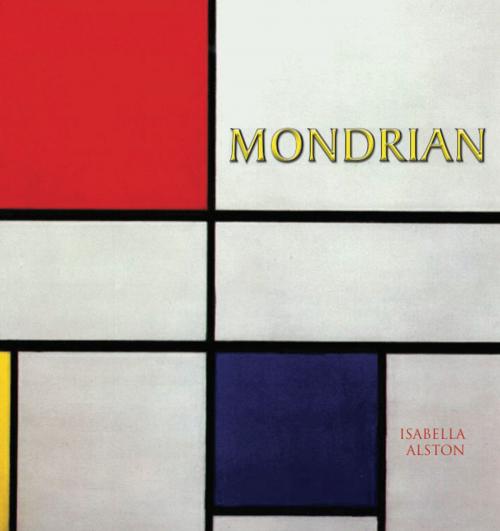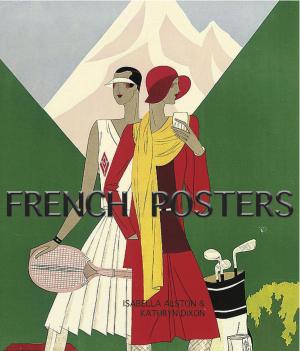Mondrian
Nonfiction, Art & Architecture, General Art, Individual Artist, Art History, Artists, Architects & Photographers| Author: | Isabella Alston | ISBN: | 9781844063901 |
| Publisher: | TAJ Books International | Publication: | May 19, 2014 |
| Imprint: | TAJ Books International | Language: | English |
| Author: | Isabella Alston |
| ISBN: | 9781844063901 |
| Publisher: | TAJ Books International |
| Publication: | May 19, 2014 |
| Imprint: | TAJ Books International |
| Language: | English |
Piet Mondrian pioneered the de Stijl movement—Dutch for “The Style”—that emerged in the early 20th century and which served as an important transition from a focus on Symbolism and Realism to a new and growing focus on abstraction. The evolution of Mondrian’s initial, traditional style, akin to that of The Hague School, through to his much later works in primary colors and geometric forms, which he called Neo-plasticism, is marked by rather sharp deviations in stylistic form and experimentation along the way, including Cubism and Fauvism. Much of Mondrian’s work was greatly influenced by Theosophy, a movement considered to be the genesis of “New Age” beliefs, begun by the Russian occultist Helena Blavatsky in 1875. The goal of her followers was to find inner enlightenment. As Mondrian sought personal inner beauty and the reason for his existence, he sought the same in his art, reducing and simplying the subjects of his paintings to the true essence of what he perceived as their inner beauty and raison d’etre. In the company of artists such as Picasso and Dalí, Mondrian’s body of work is without question one of the most evolutionary in style and imaginative in content, ranging from excellently executed realistic depictions to the most abstract interpretations of their subjects.
Piet Mondrian pioneered the de Stijl movement—Dutch for “The Style”—that emerged in the early 20th century and which served as an important transition from a focus on Symbolism and Realism to a new and growing focus on abstraction. The evolution of Mondrian’s initial, traditional style, akin to that of The Hague School, through to his much later works in primary colors and geometric forms, which he called Neo-plasticism, is marked by rather sharp deviations in stylistic form and experimentation along the way, including Cubism and Fauvism. Much of Mondrian’s work was greatly influenced by Theosophy, a movement considered to be the genesis of “New Age” beliefs, begun by the Russian occultist Helena Blavatsky in 1875. The goal of her followers was to find inner enlightenment. As Mondrian sought personal inner beauty and the reason for his existence, he sought the same in his art, reducing and simplying the subjects of his paintings to the true essence of what he perceived as their inner beauty and raison d’etre. In the company of artists such as Picasso and Dalí, Mondrian’s body of work is without question one of the most evolutionary in style and imaginative in content, ranging from excellently executed realistic depictions to the most abstract interpretations of their subjects.















